Hyogo Onimushi is a Japanese indie game developer who created the visual novel adventure game Return to Shironagasu Island, available on Steam. In a recent post on X, he discussed how Steam’s advance notifications of large-scale and genre-specific sales have contributed to a situation where people are reluctant to buy full-priced games, and developers see fewer and fewer purchases when their games aren’t discounted.
He adds that some game sellers have responded to this trend by raising the base price of their game. This practice makes the game look more like a bargain when it goes on sale. However, Onimushi suggests that this high price may further put people off buying the game when it isn’t discounted. At the same time, he added that even though he sells his game for a relatively low price, it still only does well during sales. Onimushi clarified that he is not against people buying games in the sale but that he wonders if there is a solution that could balance the situation out.
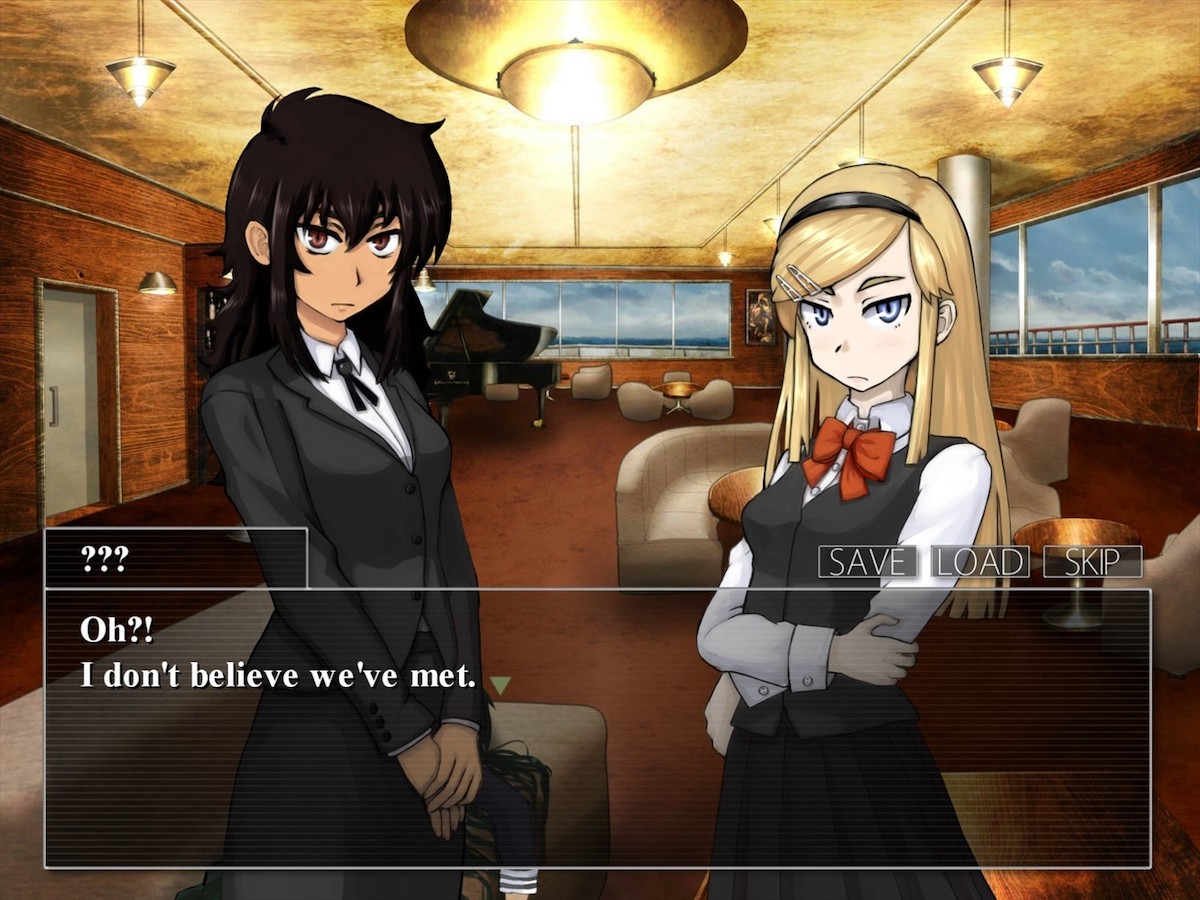
In response, users expressed their thoughts on Steam’s sale model and why players are turning away from full-priced games. The user below explained how the current economic situation has left people with less money to spend, making discount prices more attractive.
The same user stated that they wish they could support game developers more, but they have had to cut back on things that used to be cheap (like McDonald’s) because they are now more expensive. They added that when they do buy a game in the sale, they are often too tired to play it, so they end up buying fewer games. This ties in with Steam’s recent revelation that the average user only played four games in 2023.
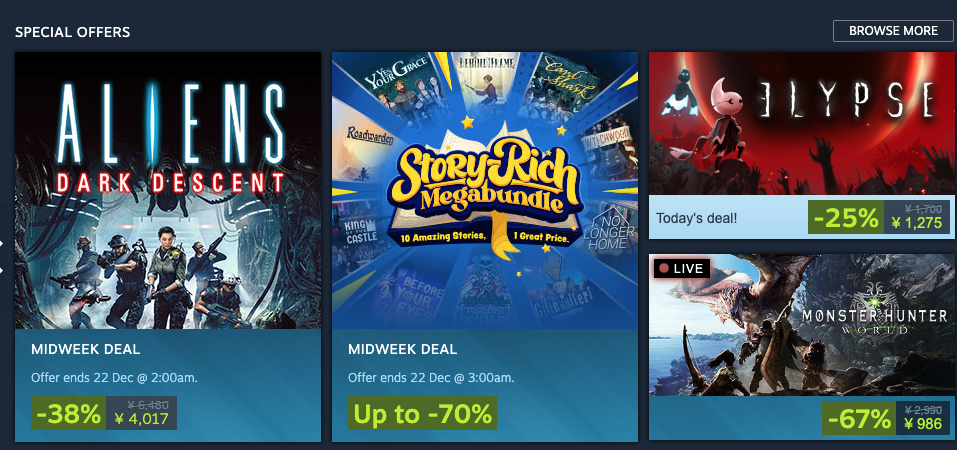
Onimushi also suggested that Steam’s sales may benefit companies (presumably because they can afford to sell some games at lower prices). One user likened Steam sales to Mister Donut’s failed strategy of selling donuts at the cheap price of 100 yen. The chain offered the discounted donuts at certain times, however, this became so well known that the stores struggled to sell regular priced donuts outside of the discounted times. The Steam sale effect was also compared to how supermarket lunchboxes become more appealing to shoppers when they become 50% off at the end of the day.
The user concluded that, in order to sell to customers who are looking for a bargain, you must be willing to give away some of your profits. Free-to-play games are very popular on Steam, suggesting that it may be easier for games to make money through subscriptions and DLC further down the road after offering players a taste of the game for free.

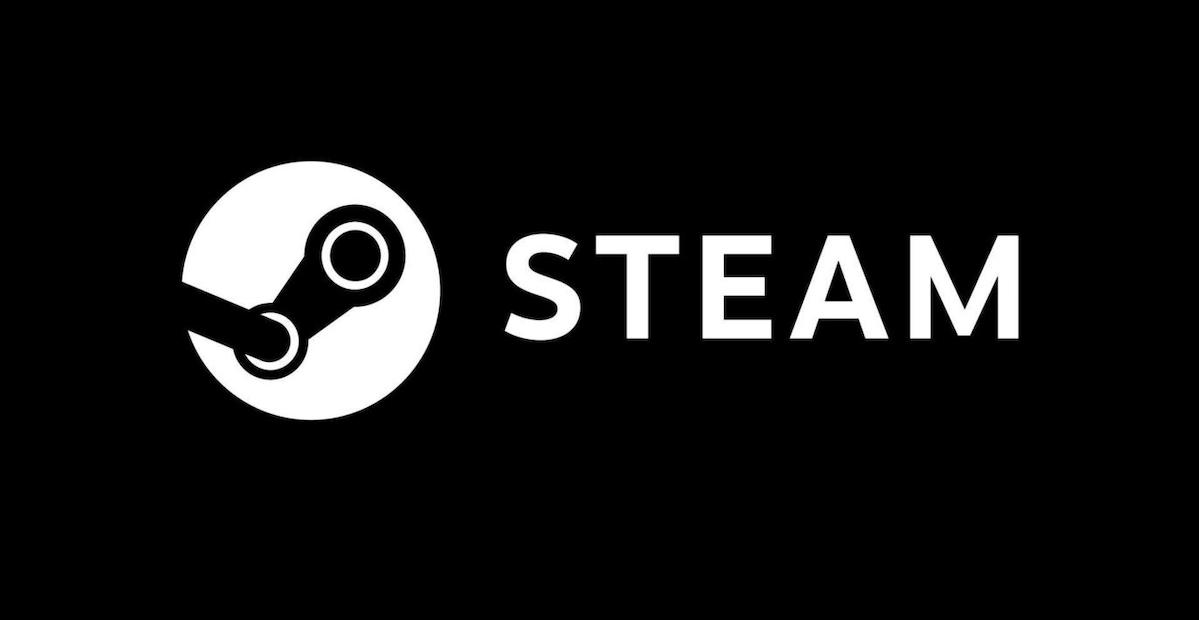


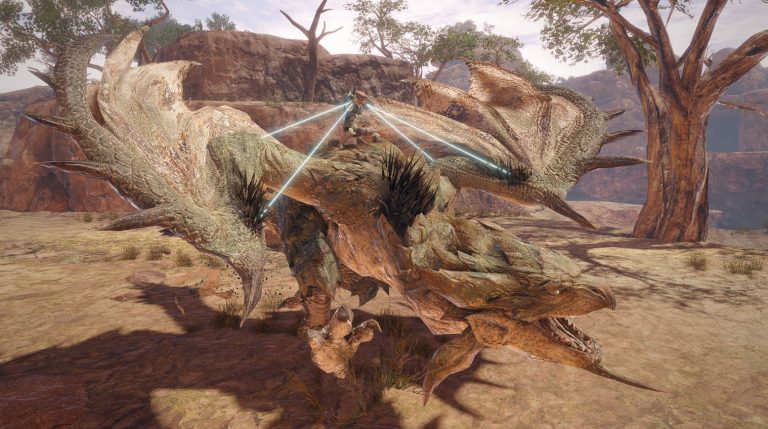
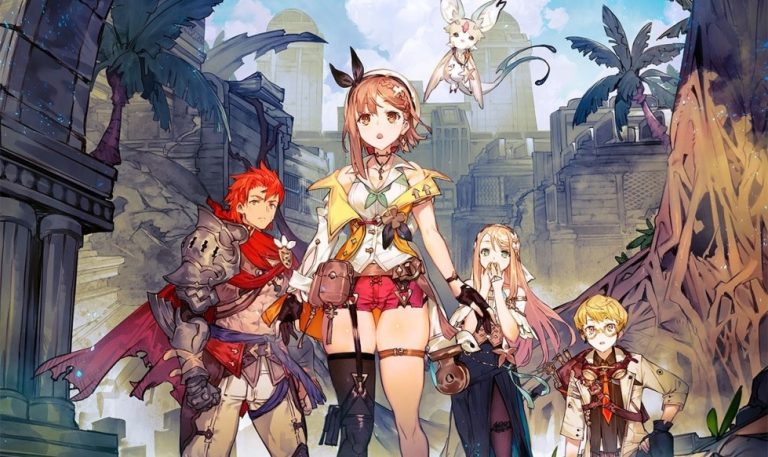
I can agree with the Mister Donuts comparison and the Economy plays a role in the sales not doing too well right now and that will have a knock on effect in the entire industry as a whole to begin to price better and give better value not raise prices higher and lower it down to where it should be. on a sale That is one way to lose trust with customers and they will notice it on PC. They are price savvy and can not be easily fooled like Console audiences are by pricing everything 50-70$ when probably it is worth 30-40$ for a AA game or even 15-25$ for a Indie game. This is because PC Audiences are much more about Value-Based-Pricing and are price conscious in which they will buy if the value is good and the developers are listening on forums and social media to add more features, get rid of bugs, and optimize for performance. It’s key to understand this as i notice Indies, some AA and others keep forgetting the fundamentals and complain about Steam sales ruining everything when there is more of a userbase on PC than all 3 consoles combined and some smaller companies have grown with audience base due to doing what i mentioned above. It’s blaming the symptom and not the cause.